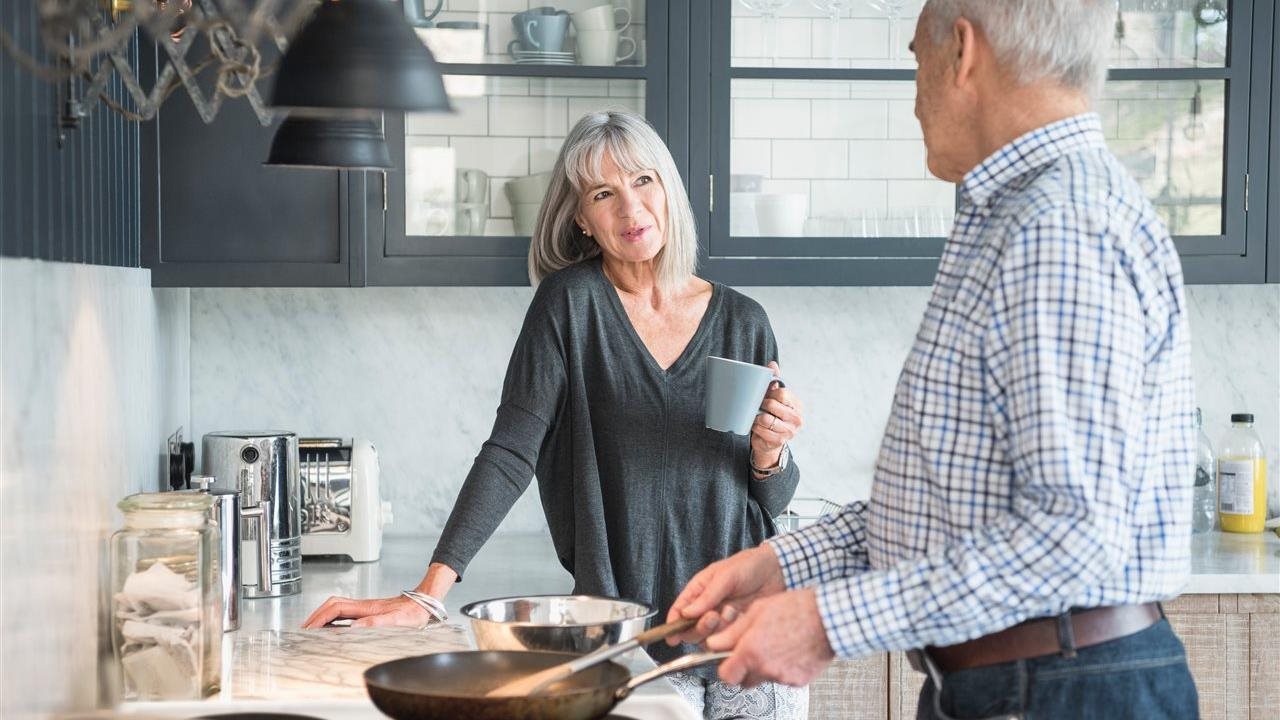
(BPT) – According to the National Fire Protection Association (NFPA), cooking is the leading cause of home fires and home fire injuries — and the second leading cause of home fire deaths. Cooking fires increase during the holiday season. The type of cooking appliances used makes a difference; people using electric ranges showed a higher risk of cooking fires (and associated losses) than those using gas ranges.
The good news? Technology mixed with safe cooking behavior can make a big difference. Here are some tips for protecting people and property from stove fires.
6 ways to guard against kitchen fires
1. Install the right technology. Anyone cooking on an electric coil stove top can make it significantly safer by replacing the coils with SmartBurner. Unlike traditional electric stove coils that can get dangerously hot very quickly, SmartBurners are designed with temperature limiting control technology that helps keep them from reaching the high temperatures that can cause most cooking oils to auto-ignite. By controlling the temperature, the burner lets you cook your food as usual, but with peace of mind.
2. Check the area for fire dangers. Before turning on your stovetop, move anything that can catch fire away from the heat source. This includes mail, towels, napkins, paper plates, pizza boxes or even cleaning supplies. Wipe up spilled grease so it won’t catch fire.
3. Dress for success. Loose sleeves and clothing can catch fire. Instead, wear clothes with short sleeves, or roll them up. In the NFPA study, clothes catching fire was a key factor in 14% of deaths caused by home cooking fires.
4. Be ready to act fast. When you cook, keep a cookie sheet or large pan lid nearby. If there is a pan fire, you can quickly cover the pan and put out the flames. Then turn off the heat and leave the pan covered until it cools. Never try to move a burning pan, as that can spread the flames.
5. Create a kid-free zone. Aim to keep children at least three feet away from any area where you’re cooking. And never hold a child while you’re cooking or moving around hot liquids or foods. Be especially careful during the holidays. The NFPA reports that the peak days for home cooking fires last year were Thanksgiving and Christmas — times when family tends to gather around the kitchen.
6. Don’t leave. This one sounds obvious, but unattended cooking was cited as the leading cause of cooking fires and injuries in the NFPA study. Stay in the kitchen and keep an eye on what you fry, broil and grill. If you need to leave the kitchen, turn the stove top OFF. When you are roasting, simmering or baking food, stay at home and check it often. Set a timer to remind you to check the food while it is cooking.
By following these tips for fire safety in the kitchen, you can help save people and property from the leading cause of home fires — cooking. For more information, visit PioneeringTech.com.
